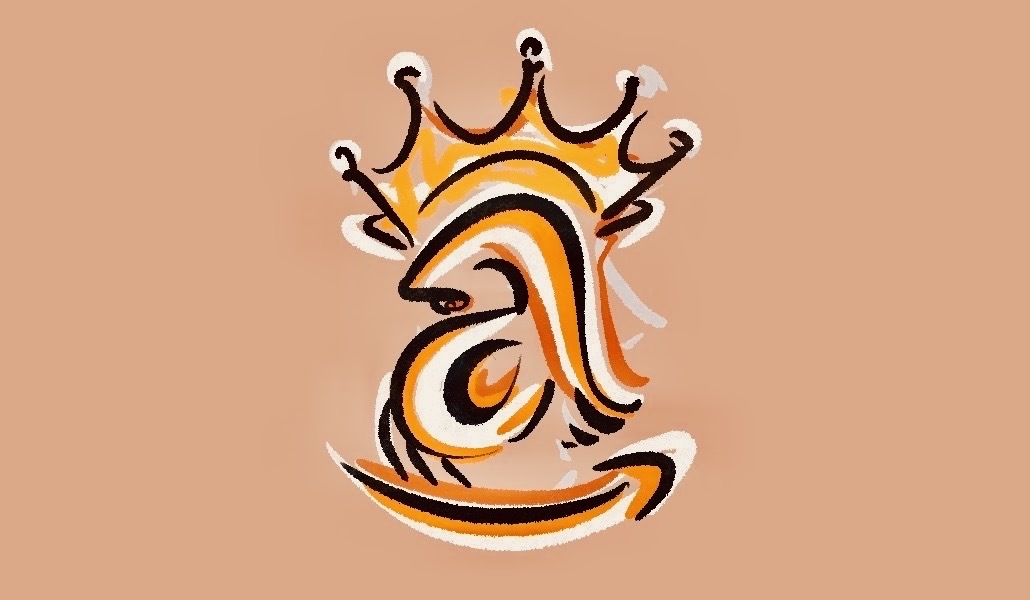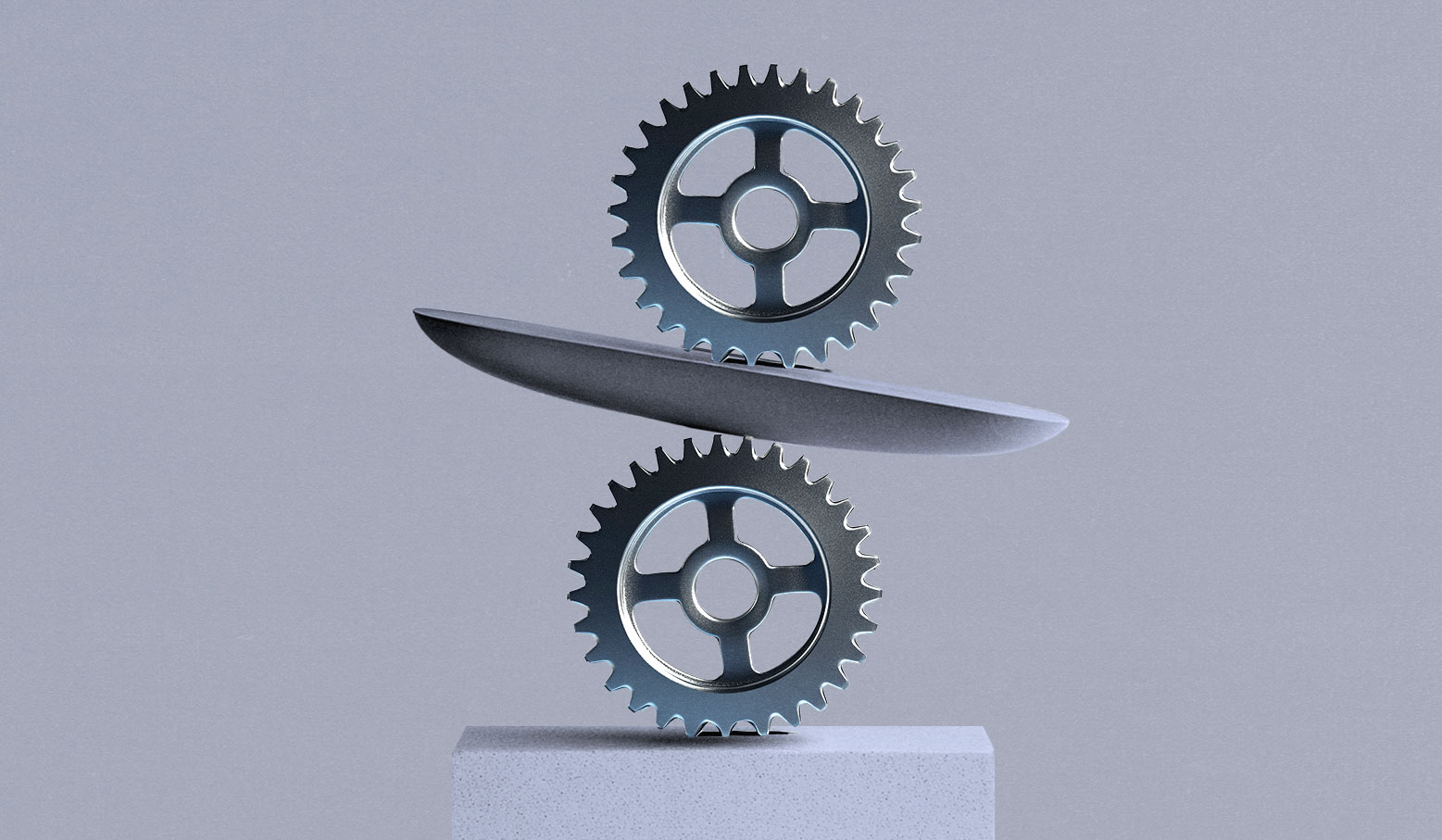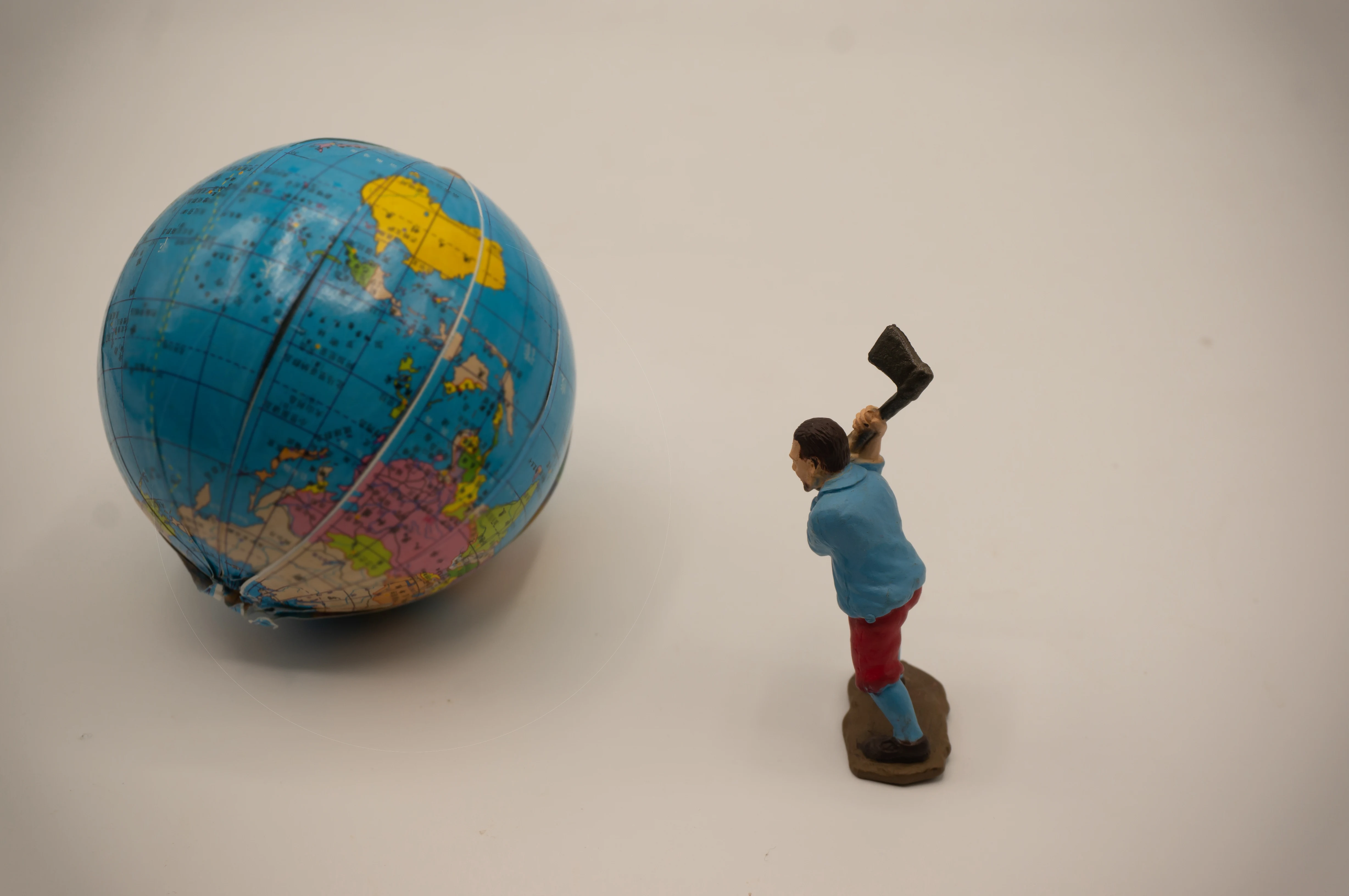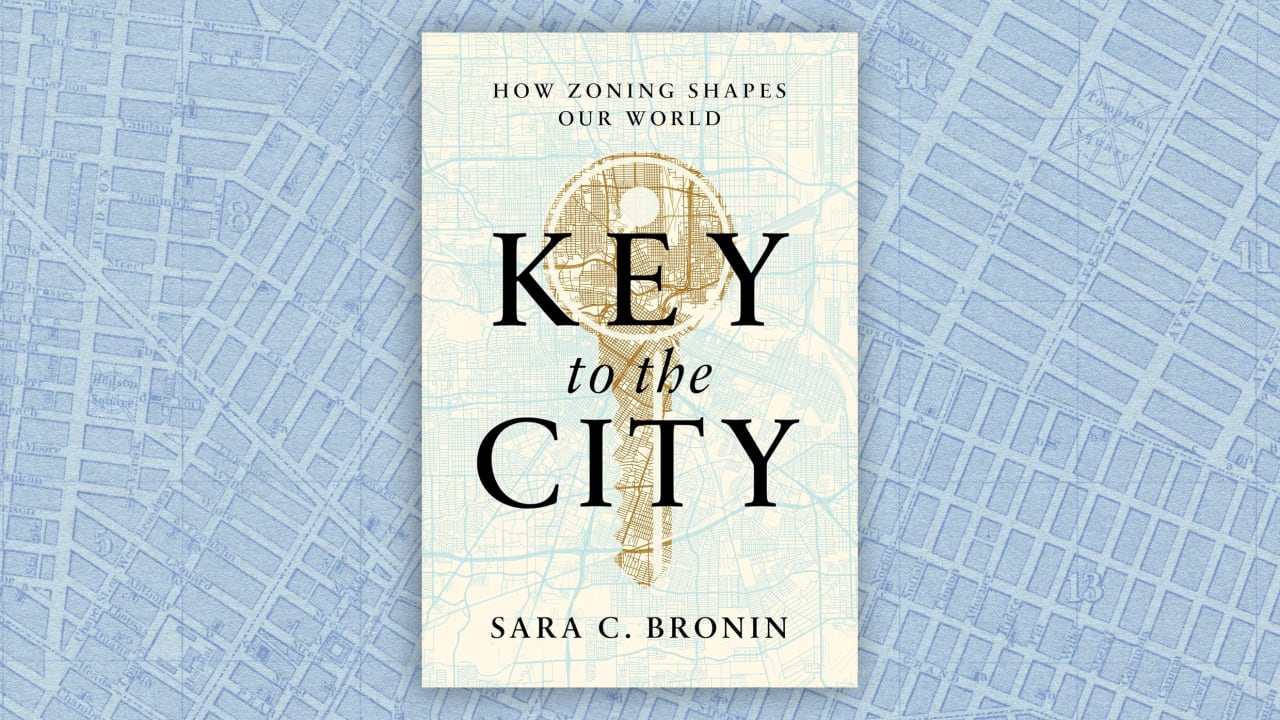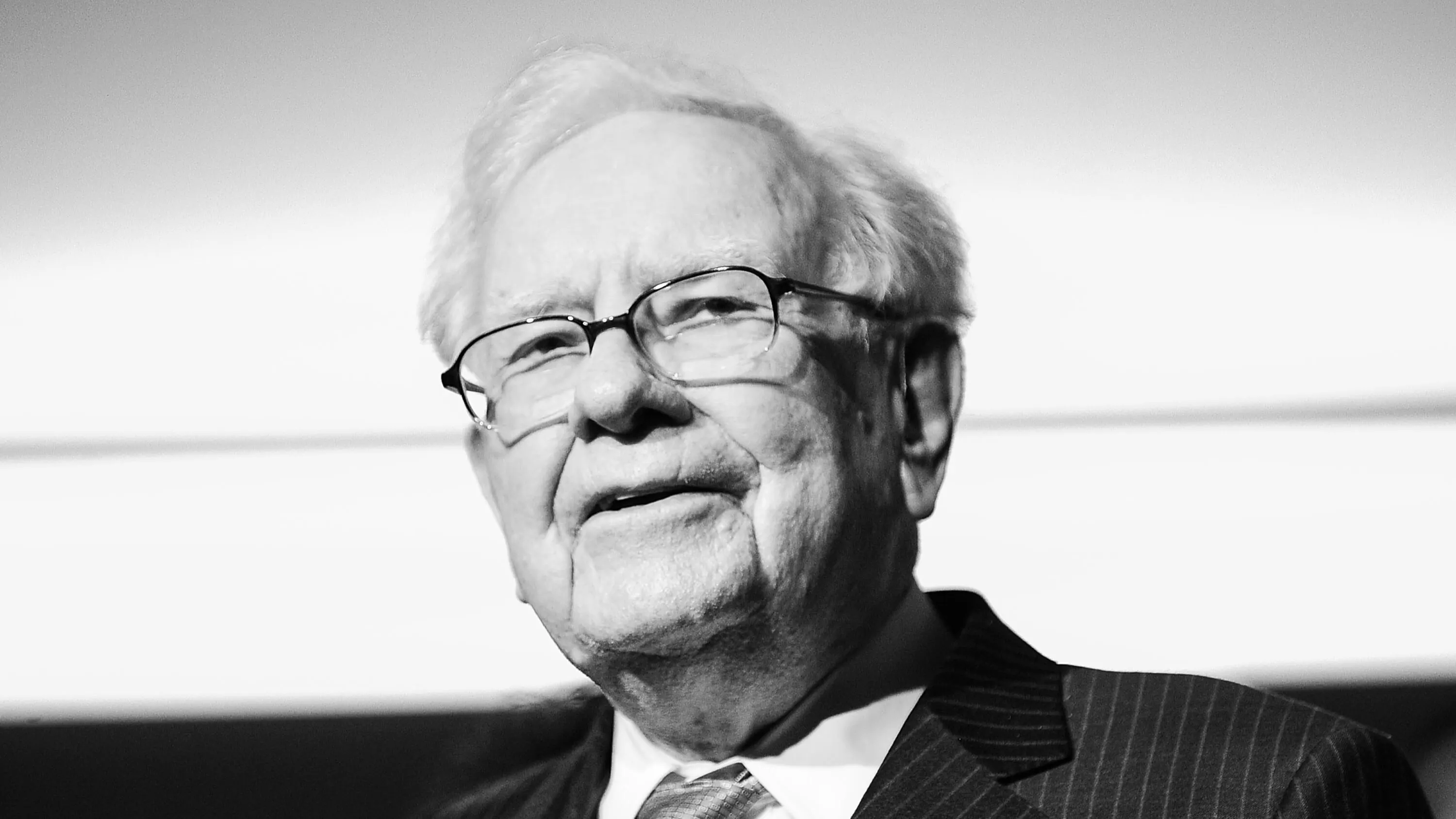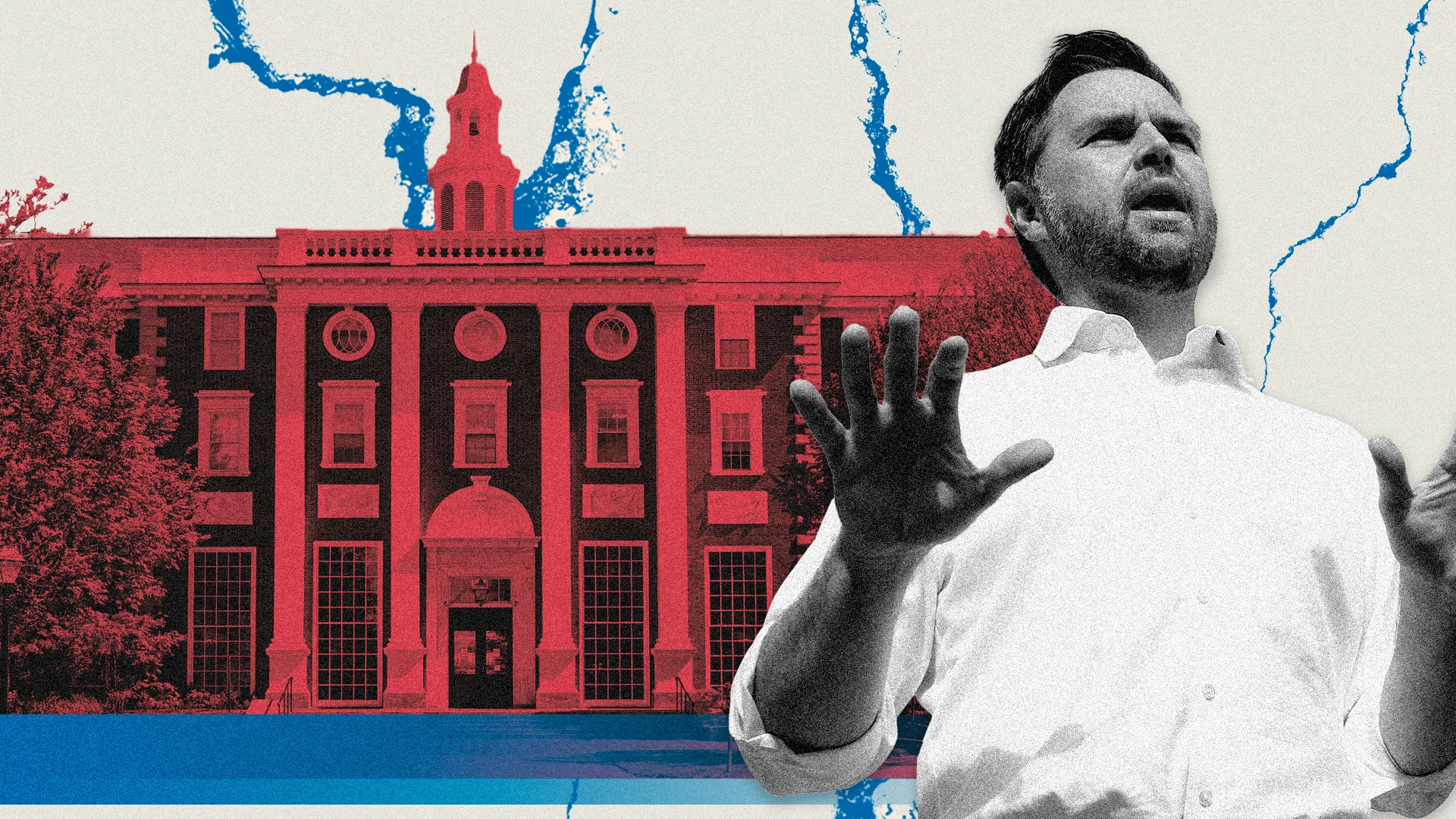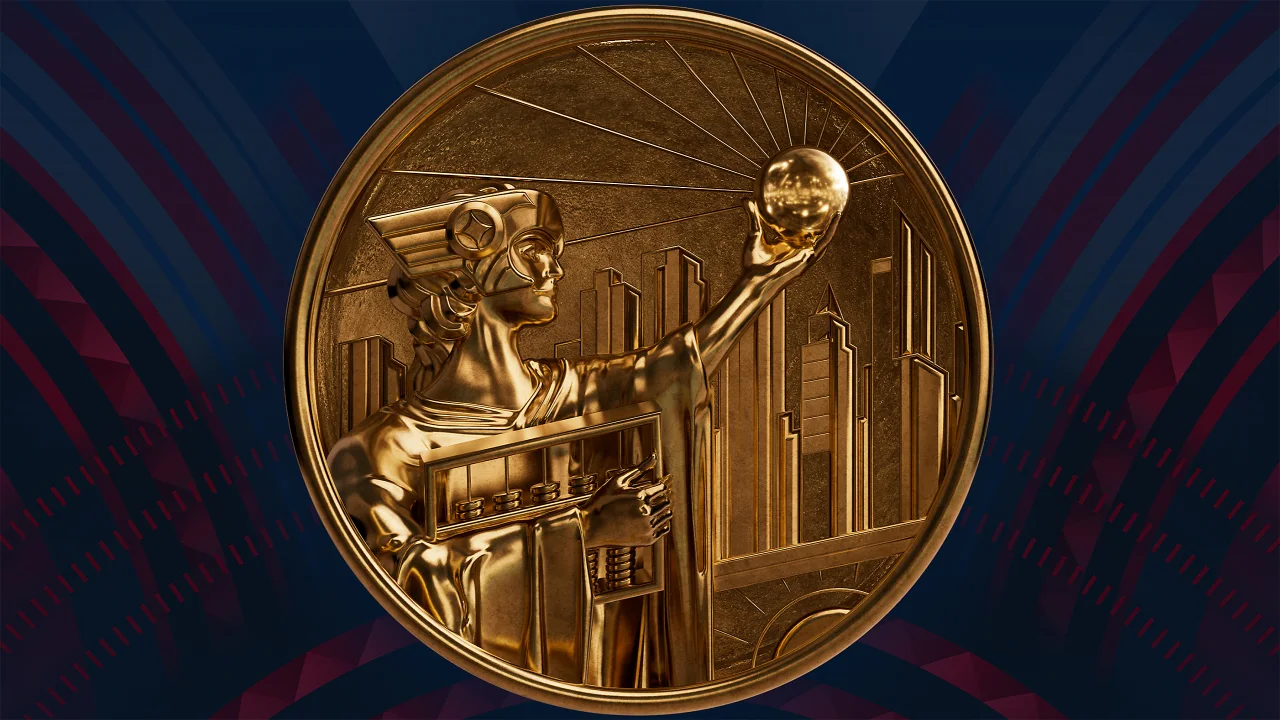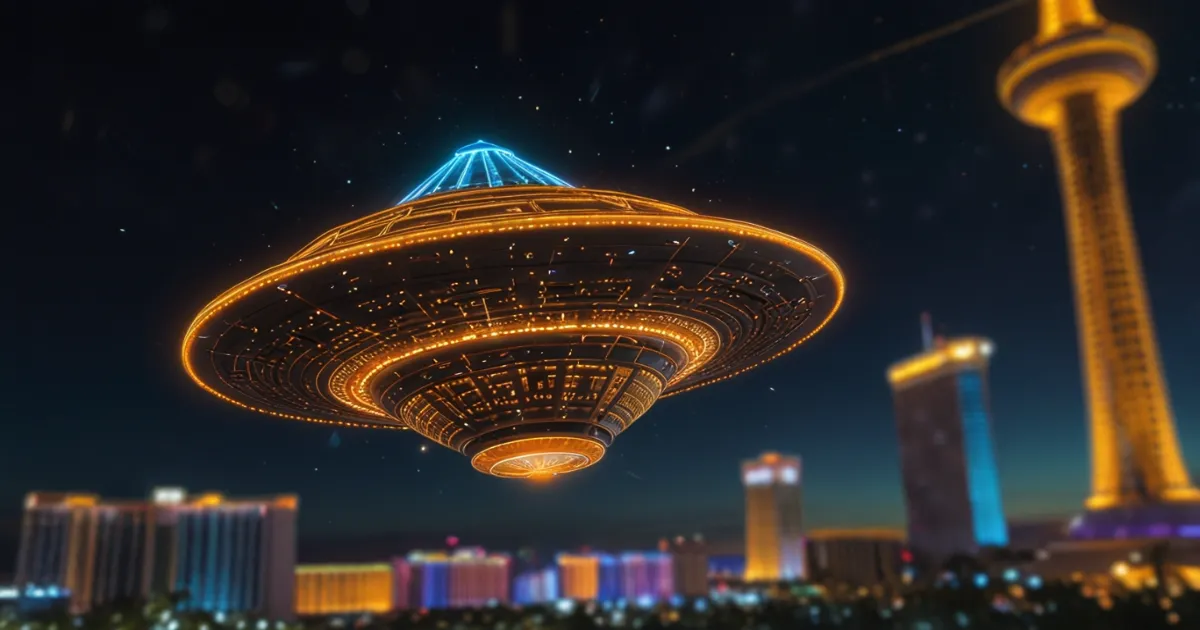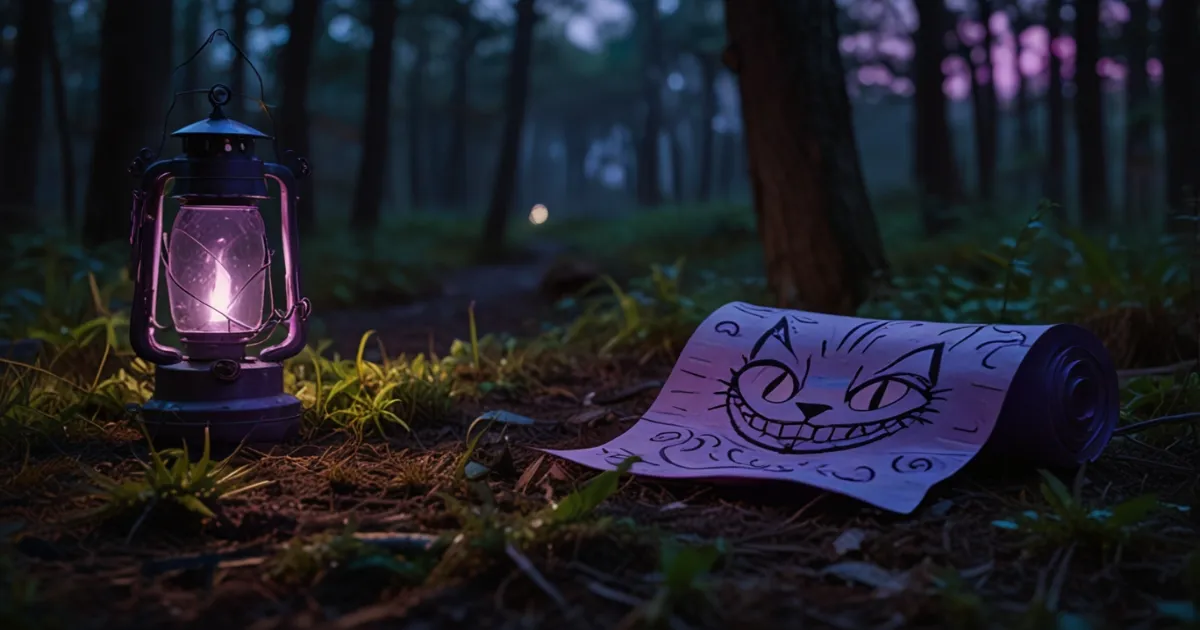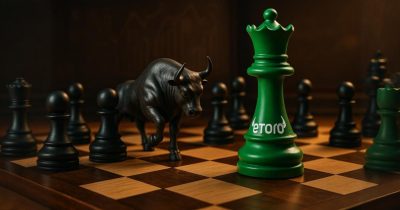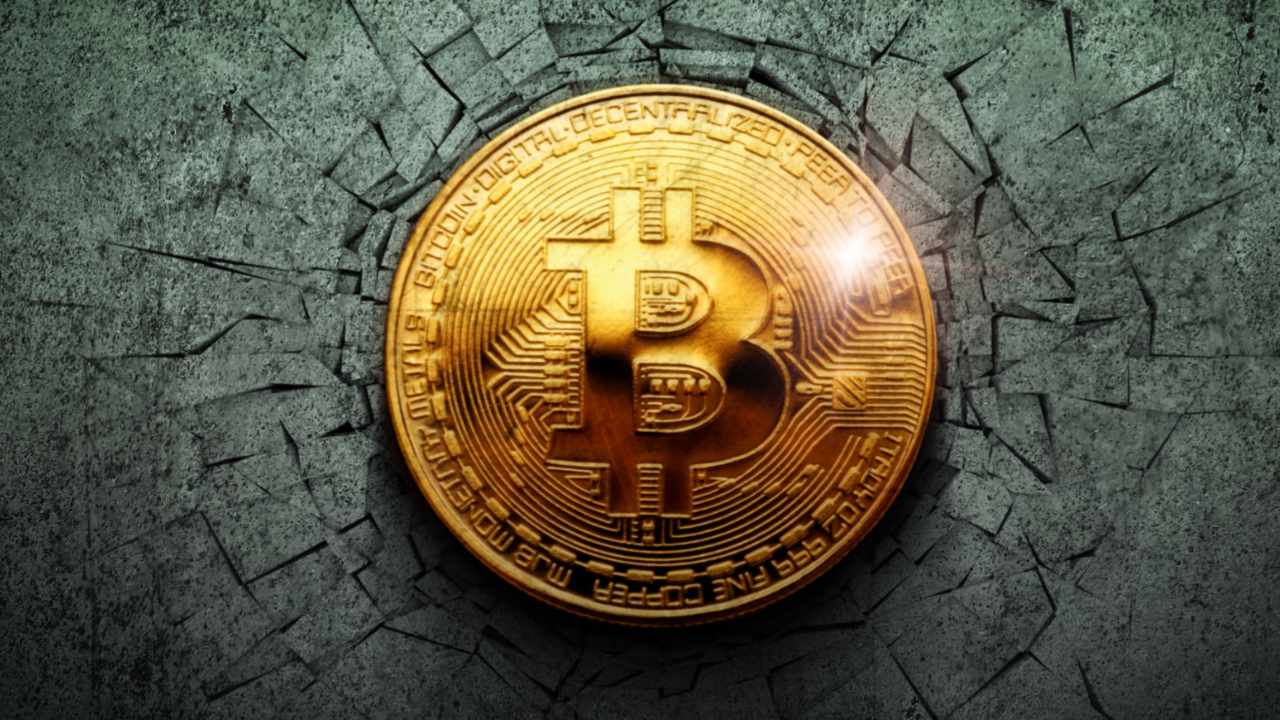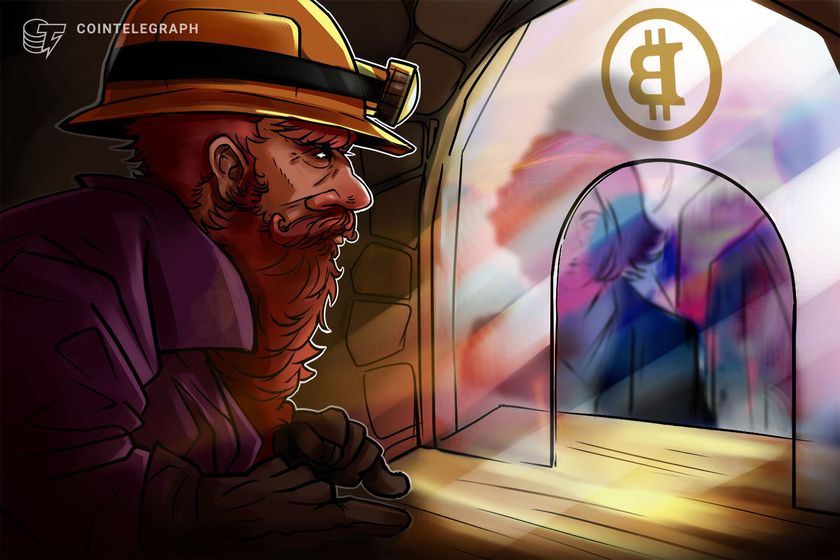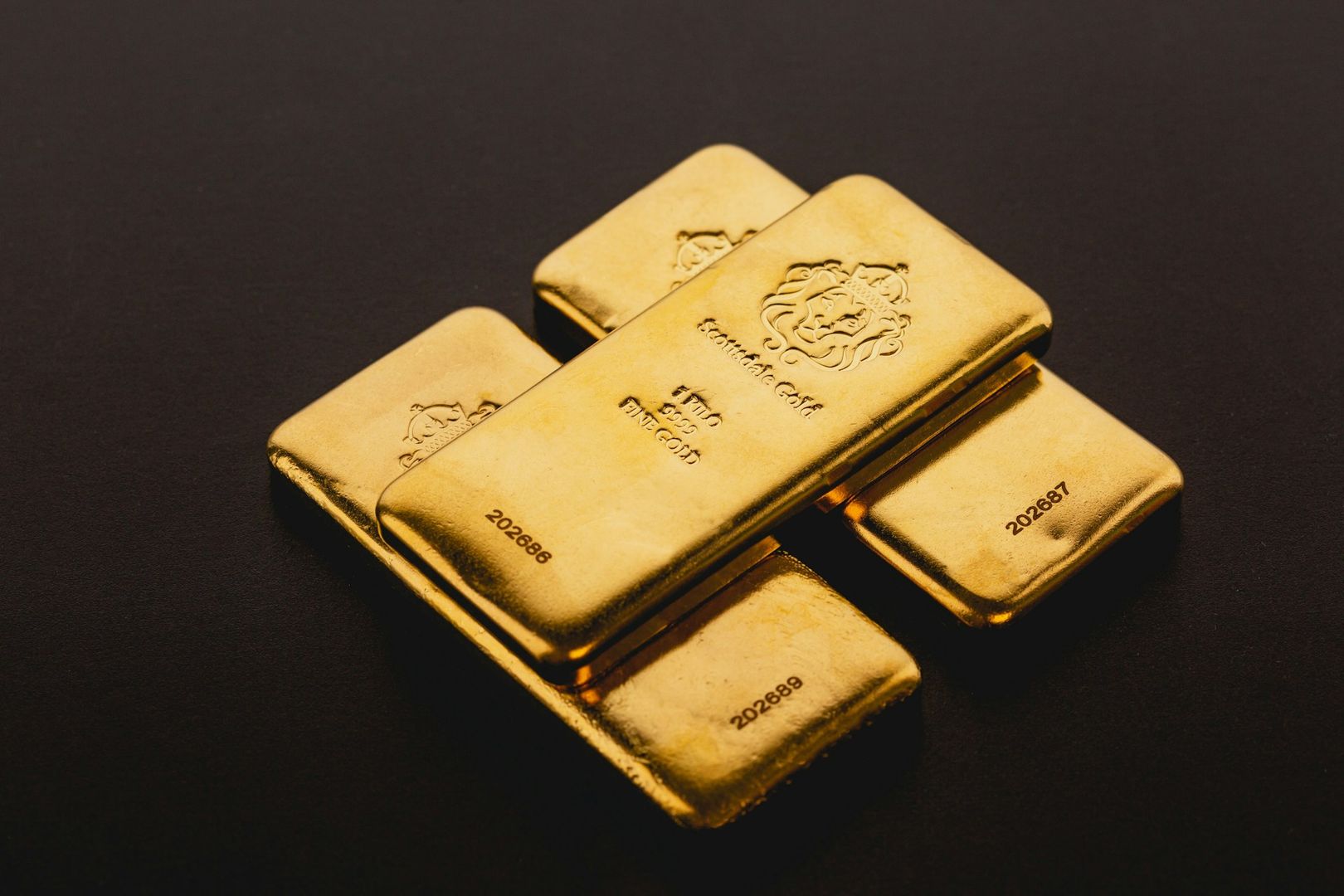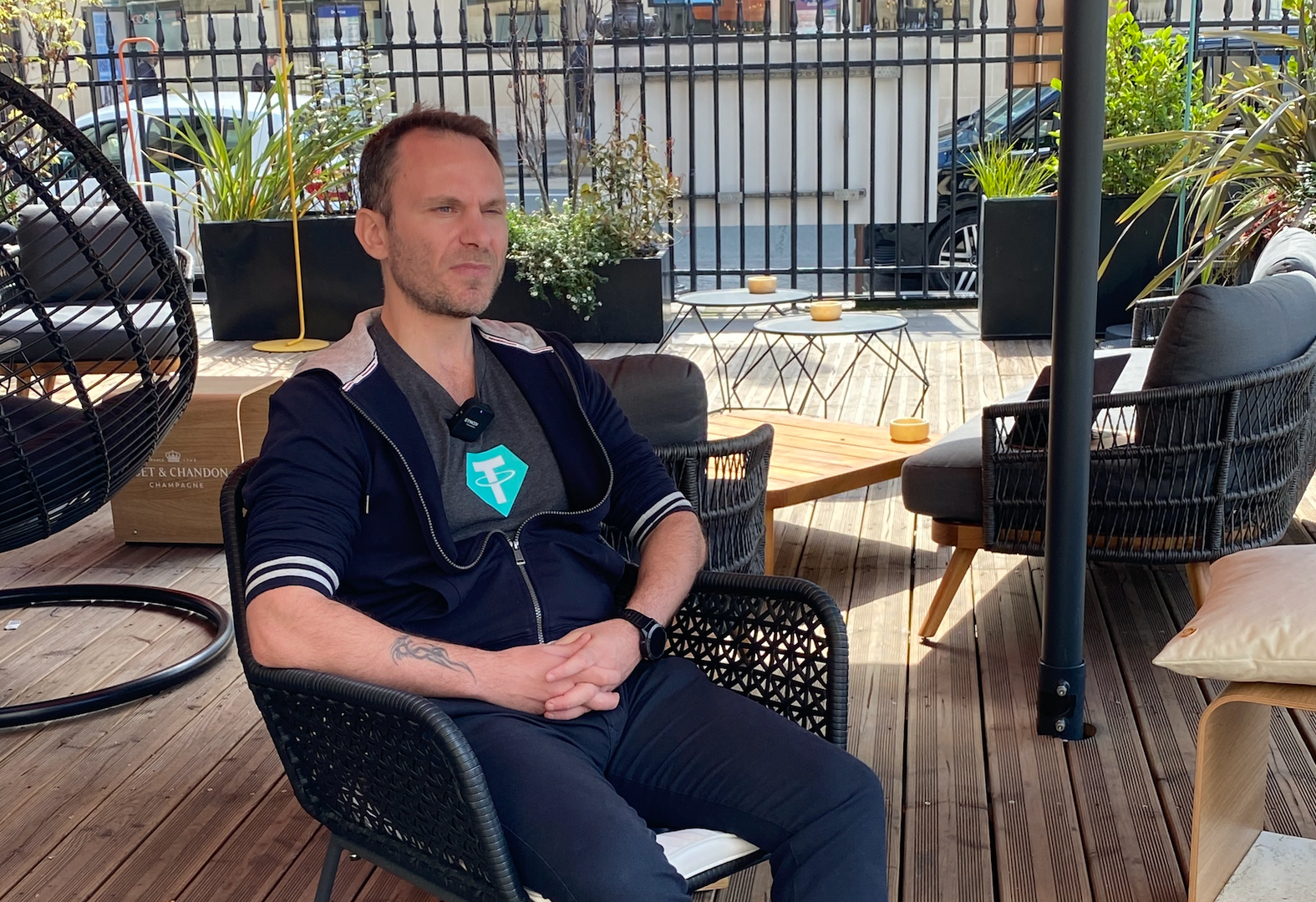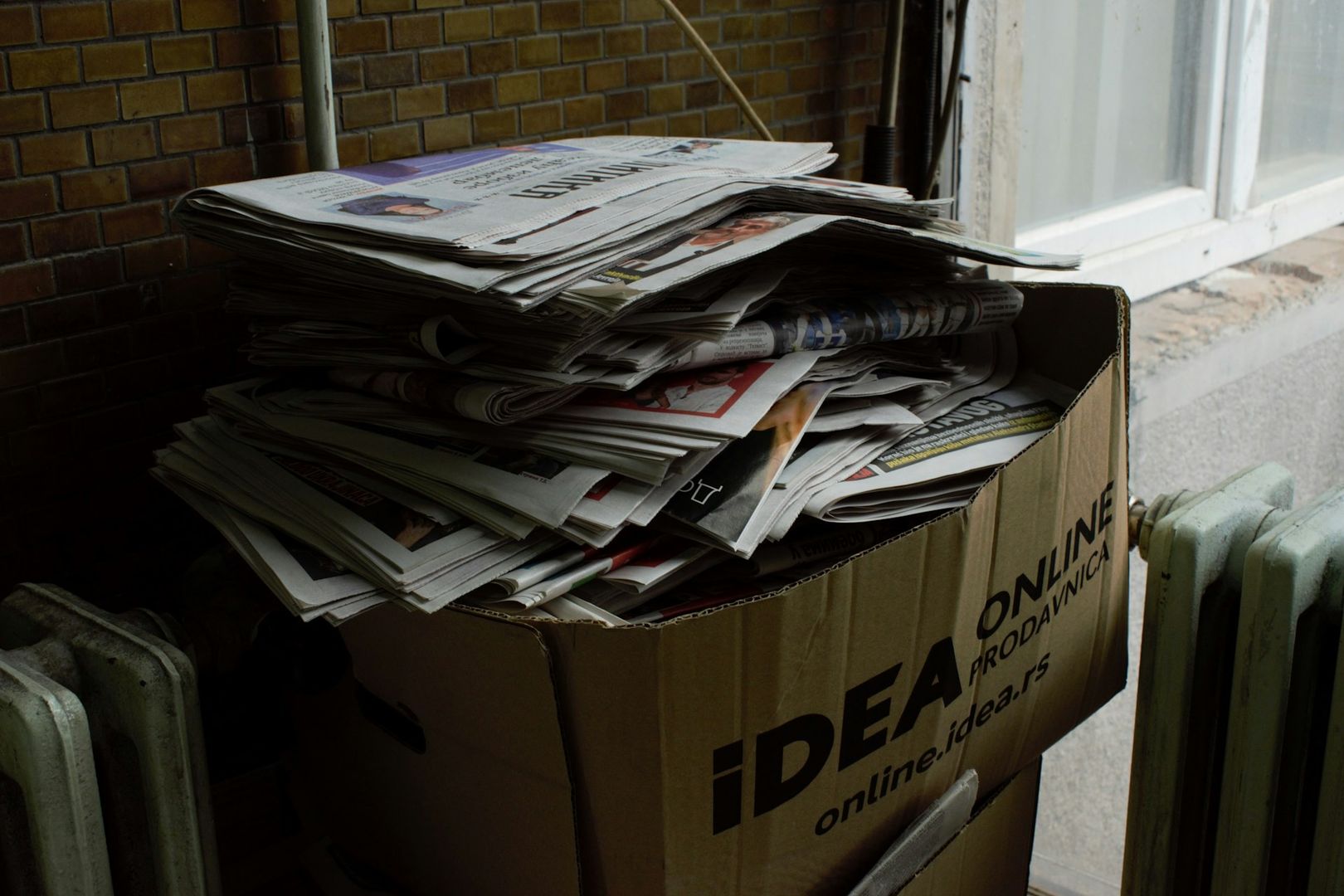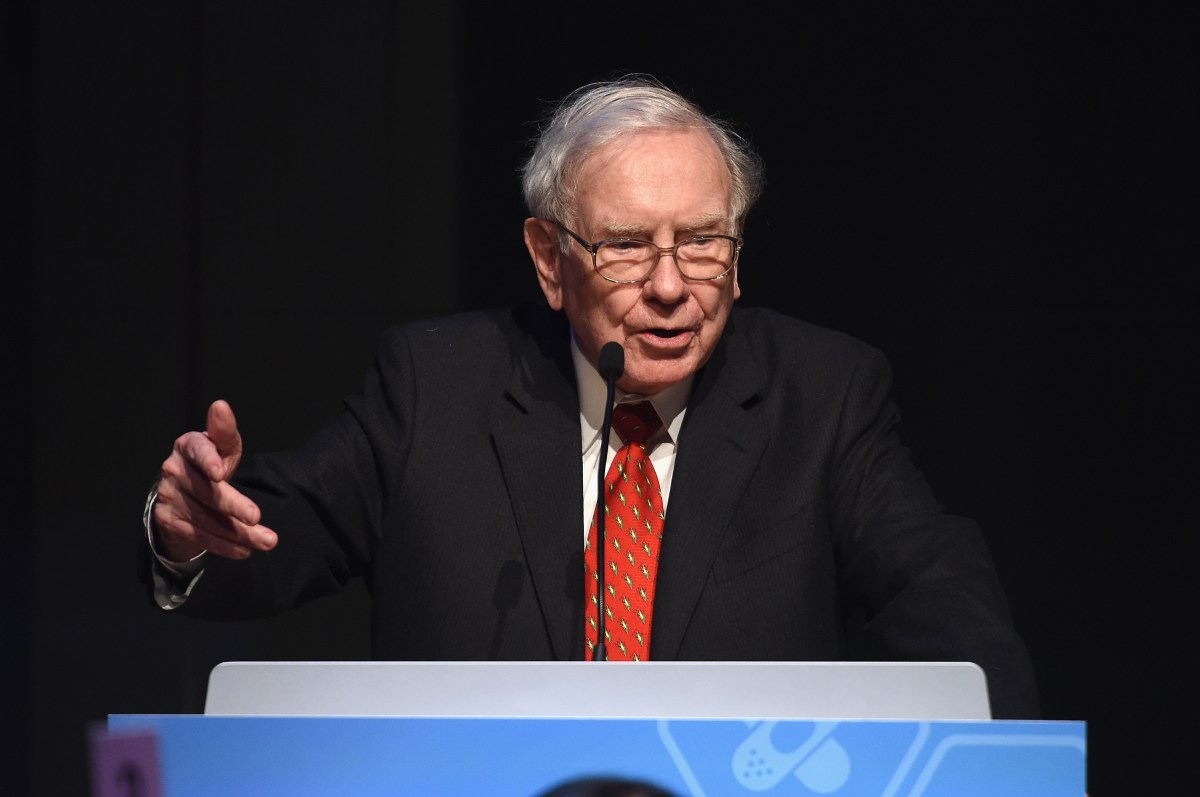Scientists Say They've Built a "Black Hole Bomb"
Physicists say they've built the first-ever "black hole bomb," a concept that dates back to the late 1960s. As New Scientist reports, the idea is to have energy boosted by a black hole, and then trap it there by mirrors until you get an explosion. However, what the team created in a lab is a harmless proof of concept that won't suck the entire planet into oblivion. And instead of looking for ways to wipe enemy alien civilizations off the map, the goal of the research is to study how black holes drag and accelerate the fabric of space-time around […]


Physicists say they've built the first-ever "black hole bomb" — an ominous-sounding concept that dates back to the late 1960s, but that serves as little more than a harmless proof of concept.
As New Scientist reports, the idea is to boost energy with a black hole, then trap it with mirrors until you get an explosion. However, what the team created in a lab is a harmless test, without a real black hole that could suck the planet into oblivion.
And instead of looking for ways to wipe enemy alien civilizations off the map, the goal of the research is to study how black holes drag and accelerate the fabric of space-time around themselves, a phenomenon first theorized by physicist Roger Penrose in 1969.
In 1971, Belarusian physicist Yakov Zel'dovich came up with a spinning system to investigate whether the rotational energy of a black hole could be extracted by exploiting the extreme conditions inside it without breaking the laws of conservation of energy. At the scale of a real black hole light-years away, the energy generated and released could be as much as a supernova, according to existing theories.
In the latest experiment, detailed in a draft paper awaiting peer review, coauthor and University of Southampton physics professor Hendrik Ulbricht and his colleagues investigated the "Zel'dovich effect," using a cylindrical mirror to amplify energy and create a positive feedback loop.
Starting in 2020, during the height of the COVID-19 lockdowns, Ulbricht built an early proof of concept out of a rotating aluminum cylinder and magnetic fields.
"Everything was closed, and I was really bored and I wanted to do something, so I built the setup and started to do these experiments, and I saw amplification," he told New Scientist. "I was so super excited that, actually, you could say it rescued me during COVID."
With the help of a team he assembled, the researchers built on his vision, rotating magnetized metal coils around a cylinder at high speeds. And surprisingly, the team ended up with an even larger magnetic field than they started with.
"You throw a low-frequency electromagnetic wave against a spinning cylinder, who would think that you get back more than what you threw in?" University of Lisbon professor of physics Vitor Cardoso, who was not involved in the research, told New Scientist. "It’s totally mind boggling."
Even without a magnetic field being generated by the coils, the setup would still generate a signal, indicating the experiment seemingly confirmed existing theories about how energy behaves near a black hole.
"We’re basically generating a signal from noise, and that is the same thing that happens in the black hole bomb proposal," Ulbricht told New Scientist.
The team hopes that their research could allow us to get a better idea of how black holes energize nearby particles, and could even shed light on dark matter, the mysterious stuff believed to make up about 27 percent of the matter in the universe.
While we're still far from harvesting energy from a real black hole — or even capturing or creating one in the first place — the team hopes their research is a small step in the right direction.
"A challenge for the future remains the observation of spontaneous [electromagnetic] wave generation and runaway amplification seeded from the vacuum," the team wrote in their paper. "However, based on the results presented here, this now remains a purely technological (even if very hard) feat."
More on black holes: Scientist Says He Found Evidence Our Entire Universe Is Trapped Inside a Black Hole
The post Scientists Say They've Built a "Black Hole Bomb" appeared first on Futurism.







